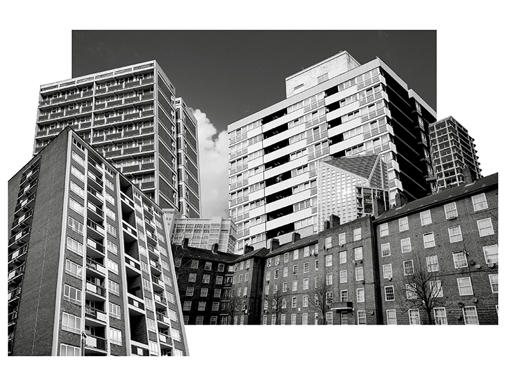The striking moment of realisation for Tom Gardiner came when he scanned the beds in the respiratory high-dependency unit of the London hospital where he was working: in every single one was a patient from an ethnic minority background working in an occupation where protection from COVID-19 was minimal.
Dr Gardiner, only recently graduated from medical school, saw no white patients, and none who had been able to work from home, protected by the privilege of more ‘professional jobs’.
These people were bus drivers and security guards continuing to do their jobs as society desperately needed them to, but left vulnerable and at risk.
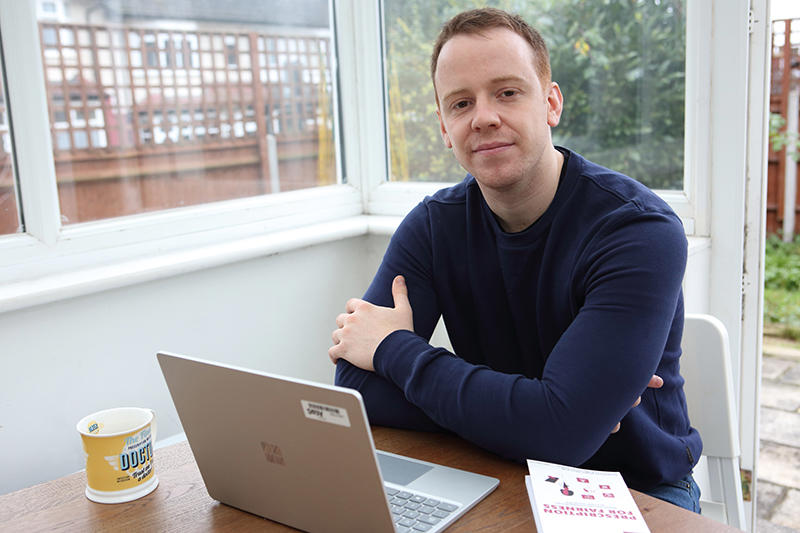 GARDINER: ‘Morally distressing’ to be unable to address the root causes of illness
GARDINER: ‘Morally distressing’ to be unable to address the root causes of illness
‘Sometimes you can feel a sense of helplessness,’ Dr Gardiner, who is taking a year out following his second foundation year to work in healthcare policy, says.
He explains the overwhelming sense doctors sometimes feel, which is that while they are often treating symptoms, they are unable to do much about the causes of illness – in this case the socio-economic and health inequalities in society.
He adds: ‘So much has happened before that patient comes into your clinic or your hospital ward. That is difficult. It can be quite morally distressing.’
Alarming co-morbidities
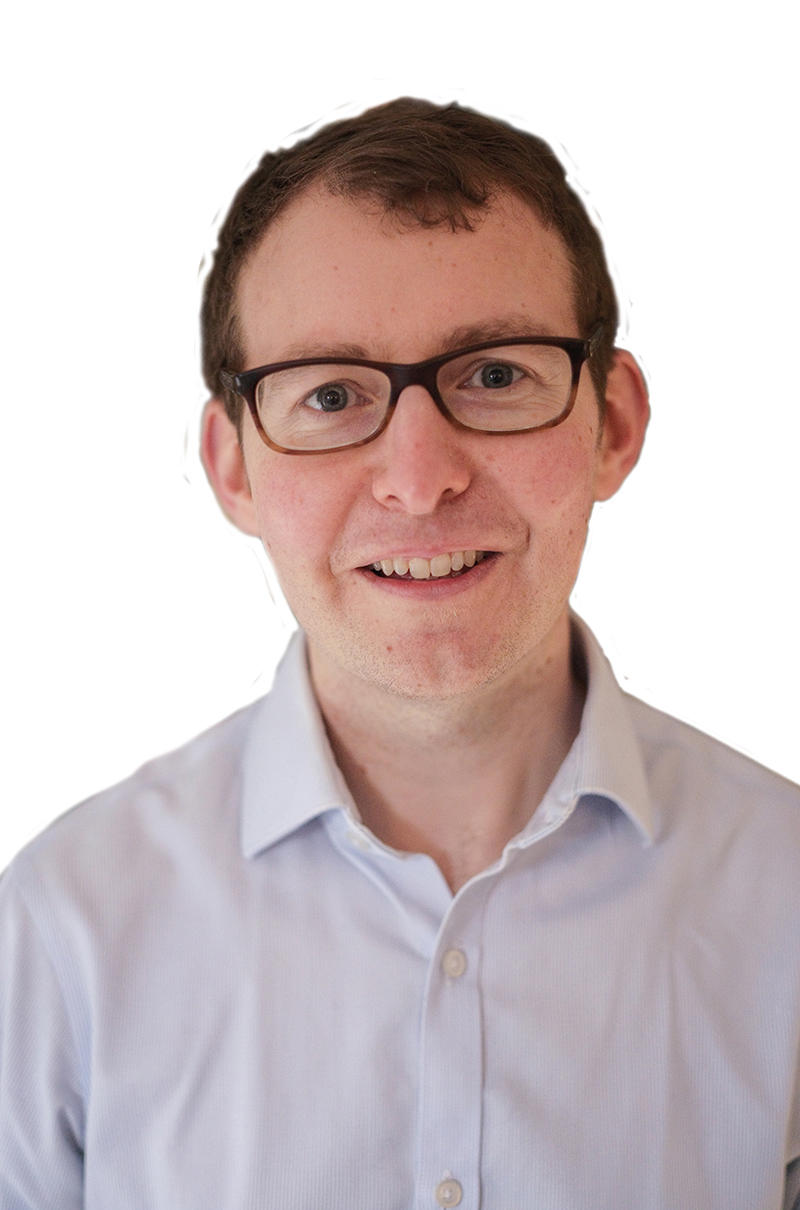 BRADLEY: Do more to help people overcome barriers they face
BRADLEY: Do more to help people overcome barriers they face
Steve Bradley looks back on a similar moment where everything just clicked.
Driving to work at a GP surgery in a deprived part of suburban Leeds one day, he heard Sir Michael Marmot discussing one of his landmark reports on BBC Radio 4’s Today programme.
‘The way he expressed things so clearly was revelatory to me,’ Dr Bradley says.
It wasn’t that Dr Bradley, who now works in a Leeds GP practice predominantly providing care for asylum seekers, recent migrants and homeless people, was unaware of the stark health inequalities Sir Michael was discussing, but rather that someone was describing what he saw in his day-to-day work with such clarity, ‘so bluntly’.
‘I remember regularly having the experience of looking at the screen, pulling up someone’s notes, as you do in general practice when calling a patient in. I was often struck by how much older people looked and how unwell they looked for their age. And then you looked at the summaries and the list of co-morbidities which was alarming. It was all quite jarring.’
I was often struck by how much older people looked and how unwell they looked for their ageDr Bradley
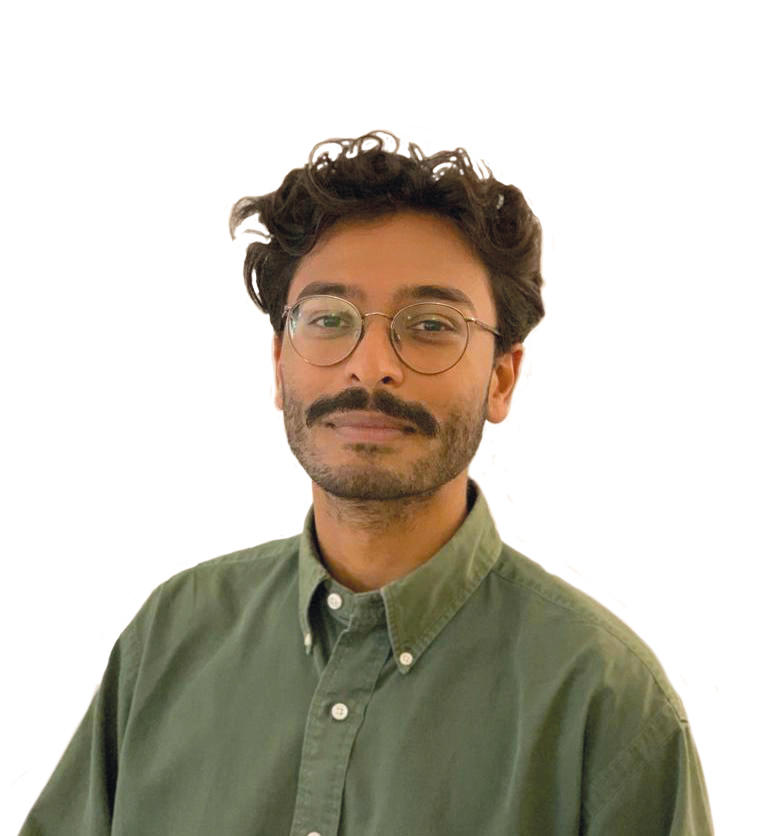 PATEL: Seeks ‘new political vision’
PATEL: Seeks ‘new political vision’
It is these experiences – and the exacerbating and illuminating effect COVID-19 has had on health inequalities – which have led Dr Gardiner and Dr Bradley to organise a collection of essays from leading experts across health, care and related fields, with the stated aim of discussing and presenting policy solutions to health inequalities, rather than simply describing the problem.
‘Our role as doctors is often mitigating against much of these health inequalities but it can be frustrating when it feels you are just tinkering around the edges while there are much bigger causative elements here that can be tackled and can be improved,’ Dr Bradley says.
Junior doctor Parth Patel is one of the contributors to the collection of essays, which also includes pieces from the health foundation’s director of research and economics Anita Charlesworth, former NHS England chief executive and independent member of the House of Lords Nigel Crisp, professor of operational research at University College London Christina Pagel and senior clinical fellow at the department of primary care and public health at Imperial College London, Mala Rao (an interview with whom will appear in a future issue).
The essays covered a vast array of topics and how they interact with health inequalities, from climate change to early years support for children and the workplace to science and innovation.
We need to move away from a false sense of an even playing fieldDr Bradley
Dr Patel is a research fellow at the IPPR think tank, works at the UCL Institute of Health Informatics on COVID, and locums in emergency departments.
His essay argues that the same policies are required to dismantle structural racism and to reduce economic and health inequalities.
Speaking to The Doctor, he says seeing the unfairness of the tragedies of the pandemic had led him to begin working in this area of health inequalities and moving to UCL to work on national COVID research studies.
He says: ‘It was one thing reading the numbers in the papers but another doing the academic research yourself and seeing in the day-to-day work how different people’s outcomes were based on quite arbitrary demographic features.’
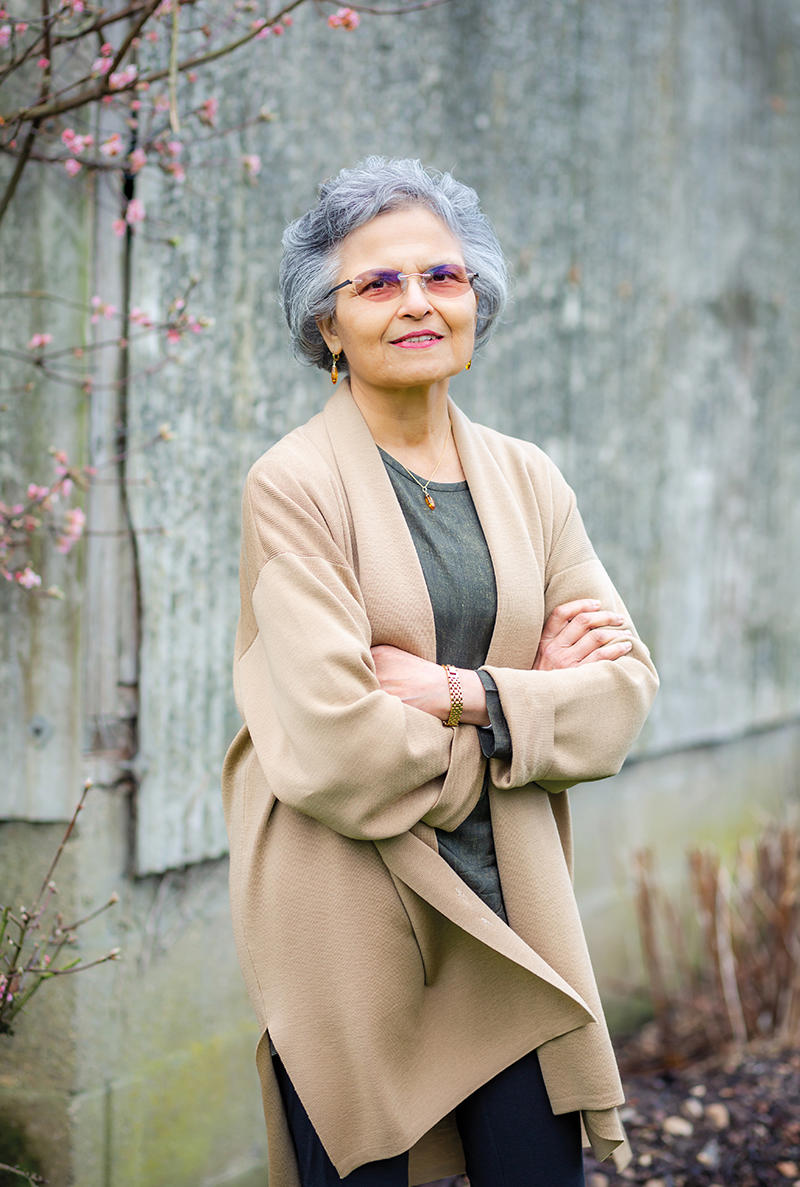 RAO: Contributor to policy solutions
RAO: Contributor to policy solutions
Dr Patel adds: ‘The problem with health inequalities is some people get to live longer and lead healthier lives than others and the problem with structural racism is some people are more likely to have a particular job, for example.
'When you follow these things to the core they come down to the distribution of economic resource and the ability to have a healthy life, a good and meaningful job.’
Dr Patel argues that while society has mostly, at least in a shallow sense, accepted that these inequalities are not caused by people’s individual choices, rather the circumstances in which they live, that understanding isn’t echoed in policy decisions.
‘Whether it’s anti-racism training or educating people or weight loss classes and calorie counting. These are policies that rely on individuals changing behaviour even though we agree these problems are bigger than the individual,’ he says.
Personal Everests
These are some of the themes Dr Bradley sees in his daily working life. One patient’s reduction in alcohol consumption or progress with a drug replacement programme should be considered an incredible success.
When that is taken alongside their amassed trauma and ongoing circumstances, that is even more significant. For that patient, with so much stacked against them, those victories are like scaling Everest.
‘We need to move away from a false sense of an even playing field when there isn’t one,’ he says. ‘We need to do more for some people because of the barriers they face.’
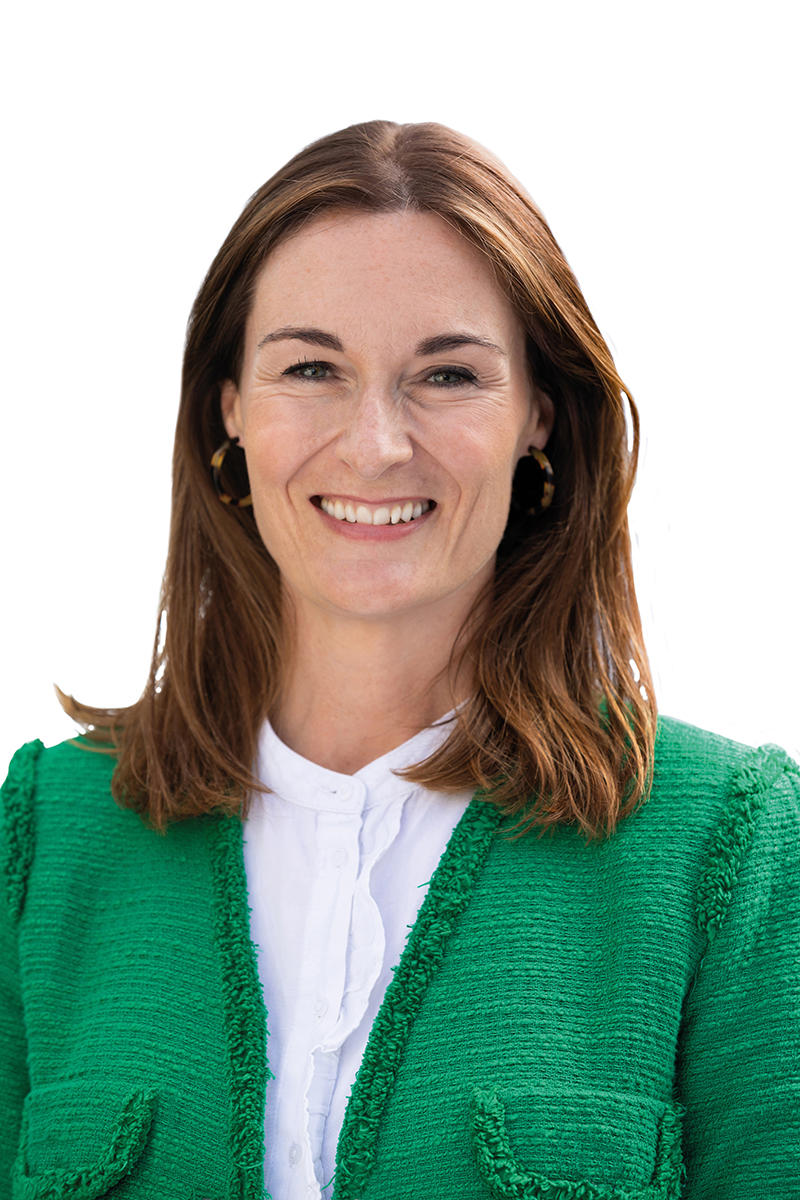 STANLEY: Need to capture hearts and minds of the public
STANLEY: Need to capture hearts and minds of the public
Also in the collection of essays, executive director of not-for-profit organisation FrameWorks Institute Kate Stanley says doctors and health organisations need to tell the story of health inequalities in a way which captures the hearts and minds of the public in order to drive improvements.
She adds: ‘We found the most effective way to explain that to some people around health inequalities is that, ultimately, some people are dying earlier than others based on where they live. That really increased their support for action to address inequalities.’
The BMA has long campaigned on issues around health inequalities.
Immediate past president and former chief medical officer for Scotland, Professor Sir Harry Burns, recently led the association’s production of a health inequalities toolkit.
Health inequalities exist, are unfair and need to be addressedDr Bradley
It supports doctors and medical students across the UK to get involved in reducing health inequalities in their local area, using case studies of initiatives all over the country which have helped communities and disadvantaged groups of people.
Where the BMA and Dr Gardiner and Dr Bradley are concerned it is clear the time for action on health inequalities is overdue.
As Dr Bradley says: ‘We wanted to put together a project where we would take the problem as read – that health inequalities exist, are unfair and need to be addressed, and wanted to challenge people to think about the potential policy solutions that could make a real difference. We see this as a starting point.’

